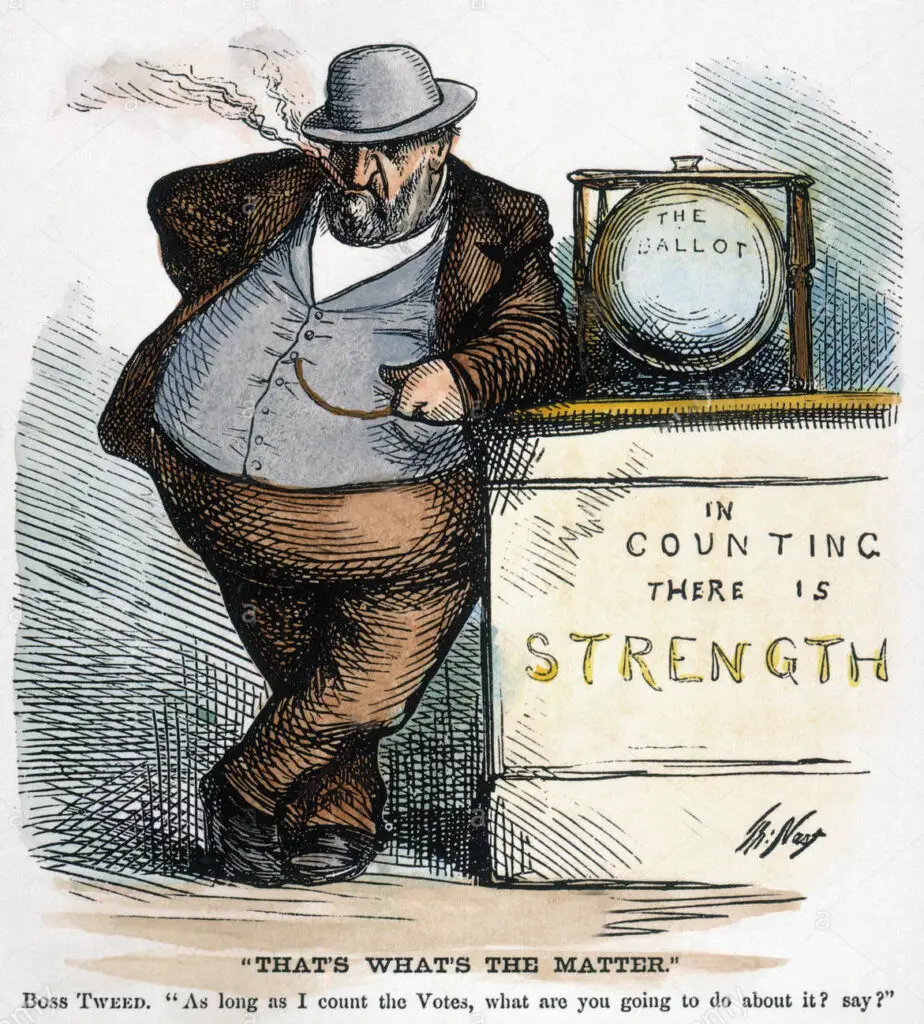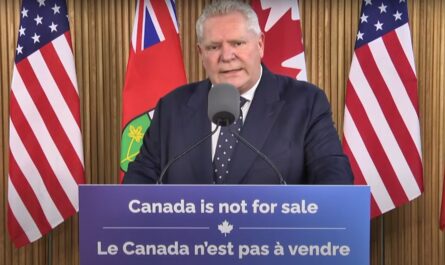Elon Musk and his political action committee (PAC), America PAC, have been hit with legal action over a $1 million voter giveaway allegedly riddled with fraud. Two lawsuits—filed by attorney Robert Alvarez in Michigan and Jacqueline McAferty in Texas—claim that the sweepstakes, ostensibly a nonpartisan initiative, covertly favored politically aligned participants. Instead of genuinely random selections, winners were reportedly handpicked for their ideological alignment with Musk’s PAC and support for Donald Trump. The legal battle raises important questions about the ethics, legality, and potential impact of such financial incentives on the democratic process.
History of Financial Incentives for Voting

Offering financial incentives to voters is not a new concept but remains deeply contentious. Past attempts, including lotteries and prize-based campaigns, have been scrutinized for their influence on voter behavior. Critics argue that cash prizes can undermine the integrity of elections by prioritizing monetary gain over genuine civic participation. Supporters, however, suggest that incentives can boost voter turnout and foster engagement. Musk’s sweepstakes, framed as an unprecedented $1 million daily giveaway, has reignited this debate on a grand scale.
Legal Considerations Surrounding the Case
The lawsuits against Musk hinge on the legality of offering financial rewards tied to voting activities. According to existing U.S. election laws, incentivizing voters to influence their political choices or coerce participation may be illegal. Alvarez’s complaint claims that Musk’s PAC misrepresented the contest as random, while internal vetting and predetermined selection criteria allegedly violated principles of fairness. Legal experts warn that the case could expose Musk and his PAC to significant liabilities if proven to have manipulated the contest’s outcomes and misused voter data under false pretenses.
Electoral Integrity Concerns Raised by Financial Incentives
Critics worry that Musk’s million-dollar contest undermines the integrity of the electoral process. Financial rewards may lead to skewed voter behavior, encouraging participation driven by profit motives rather than civic duty. The lawsuit claims that winners, selectively chosen to serve as pro-PAC spokespeople, were presented as random beneficiaries, contradicting the spirit of an open, nonpartisan giveaway. Allegations of targeted political vetting further amplify fears of voter manipulation and raise questions about how private wealth can influence election outcomes.
Public Reaction and Ethical Implications
Public opinion on Musk’s voter incentive scheme is divided. Some view it as a transparent effort to sway public opinion using financial leverage. In contrast, others see it as a well-intentioned but flawed strategy to engage citizens in the democratic process. Ethical concerns focus on using financial inducements to influence political behavior, potentially eroding trust in democratic norms. Critics argue the initiative crossed ethical boundaries and betrayed its ostensibly nonpartisan premise by allegedly selecting winners based on their alignment with Musk’s PAC’s political goals.
Wealth, Politics, and Influence of Elon Musk
This case underscores broader questions about the role of wealth and influence in modern politics. Financial incentives wielded by individuals or organizations with vast resources, such as Musk’s PAC, can shift public discourse and disproportionately amplify their political agendas. Such dynamics risk exacerbating existing inequalities and undermining public confidence in the fairness of democratic institutions. Musk’s case may serve as a test for regulating how private wealth intersects with public political influence.
Final Thought
The legal battle surrounding Musk’s $1 million voter giveaway raises important questions about electoral integrity, the ethics of financial incentives, and the influence of wealth in politics. As the lawsuits proceed, they will test the boundaries of what constitutes fair and transparent practices in engaging voters through monetary rewards.
Explore More News & Feature Stories From ThumbWind Publications
- Off the Grid in Your Cabin Or Cottage – 6 Areas to Master For Marvelous Lake Living
- Top 7 Best Areas in Michigan To Own A Cottage
- Michigan Stories
Your Turn – Was this Story a Hit, or a Miss? – We Want To Hear From You
Please offer an insightful and thoughtful comment. Idiotic, profane, or threatening comments are eliminated without remorse. Consider sharing this article. Follow us to have other feature stories fill up your Newsbreak feed from ThumbWind Publications.




